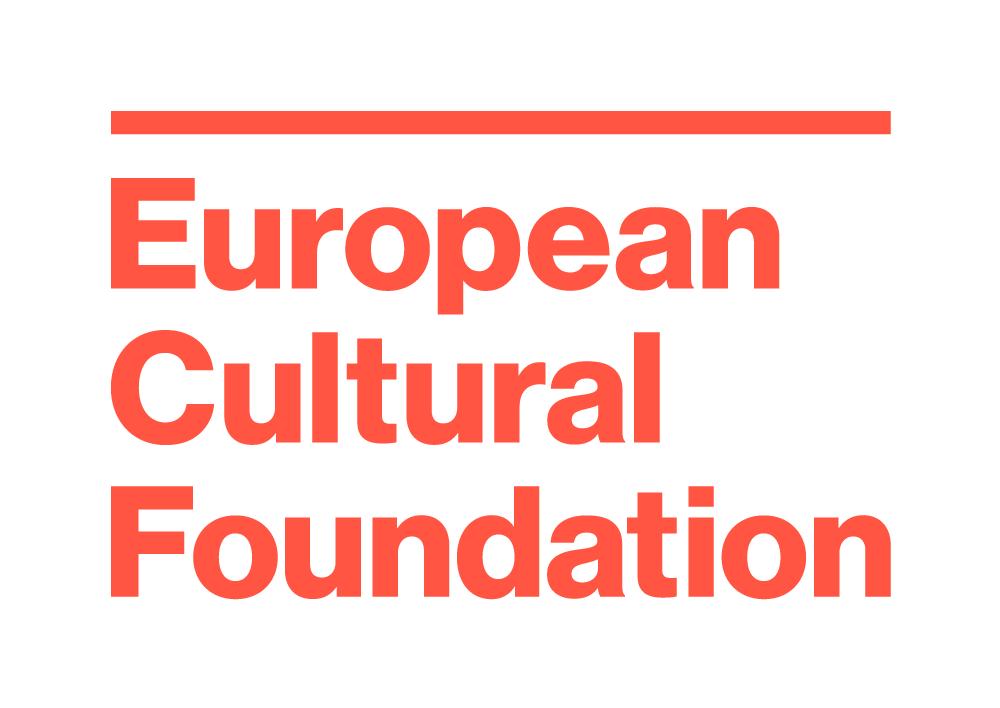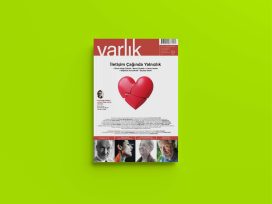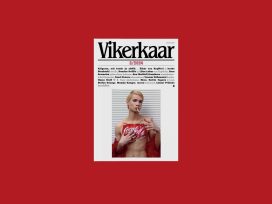Can art save us?
In today’s Standard Time Talk show, we set sail with the European Pavilion, an art project and exhibition exploring Europe’s future, identity and the burning question: can we understand European culture through art?
You might ask yourself in these weary times we are living in, walking along side conflicts, war and genocide – how can there be space to even think about art?
As Picasso would put it: “Art is the lie that enables us to realize the truth”. Art is a reflection of our ideas, and has the vital role of challenging them.
The idea of the European Pavillon is simple: at art fairs individual countries run the exhibits, which greatly influences what they put on and how they frame their cultures. But if this logic is sound, shouldn’t Project Europe have its own pavilion?
Well it does now, thanks to the European Cultural Foundation – also our founder and funder at Display Europe, and the people who make this talk show possible.
This year’s theme for the European Pavillion is Liquid becomings, in which four custom boats sail four major European rivers: The Tagus, the Vistula, the Rhine and the Danube. The four journeys cross 11 countries, travelling 1400 kilometres with the artists as passengers and creators.
You can also listen to the Standard Time talk show in a podcast format on the Cultural Broadcasting Archive – or wherever you get your podcasts.
The boat works as a place of residence for visual and performing artists, writers, architects and designers to work on their projects until they reach the final destination: a three-day Festival in Lisbon from the 7-9th of November. All artists get to present their art, but most importantly: eat a lot of Pastel de Nata!
But today’s talk is not only about pastry. Believe it or not, this project touches on bigger questions. Together with the initiators and curators of the European Pavillon we talk art. Who is an artist? What role does art play in the zeitgeist? And: can art save us?
Guest
Naomi Russell is the founder of Agora Now and the lead Curator of the European Pavillion 2024. She is a creative producer, curator, movement builder, activist, advisor and entrepreneur who has worked with many of the world’s leading cultural institutions and artists in the performing arts disciplines.
Viktor Vejvoda was born in Prague, Czechoslovakia. There he studied at the Academy of Fine Arts and Graduated in the studio of New Media. His main interest lies in the ecology of consumption, peripheral and forgotten knowledge and the questions of value and improvisation.
Marija Balubdžić, is a belgrade-based musician who performs under the alias Umbra. In her improvisation-based compositions she uses voice, keyboards and electronics. Marija is the composer of the Liquid Becomings soundtrack, Motility
Creative team
Réka Kinga Papp anchor
Daniela Univazo writer-editor
Merve Akyel art director, Eurozine
Szilvia Pintér producer
Priyanka Hutschenreiter project manager
Julia Sobota captions and translations
Zsófia Gabriella Papp digital producer
Management
Judit Csikós finance
Réka Kinga Papp editor-in-chief
Csilla Nagyné Kardos office administration
Video Crew
Voxbox Multimedia Studios in Brussels
Gergely Áron Pápai photography
Postproduction
Nóra Ruszkai video editor
István Nagy lead video editor
Milán Golovics dialogue editor
Art
Victor Maria Lima animation
Crypt-of-Insomnia theme music
Hosted by
The CEU Library, Hungary
Disclosure
This talk show is a Display Europe production: a ground-breaking media platform anchored in public values.
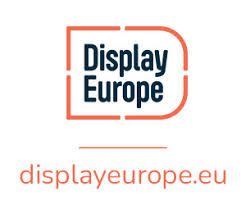
This programme is co-funded by the Creative Europe Programme of the European Union and the European Cultural Foundation.
Importantly, the views and opinions expressed here are those of the authors and speakers only and do not necessarily reflect those of the European Union or the European Education and Culture Executive Agency (EACEA). Neither the European Union nor the EACEA can be held responsible for them.

Published 30 October 2024
Original in English
Newsletter
Subscribe to know what’s worth thinking about.
Related Articles
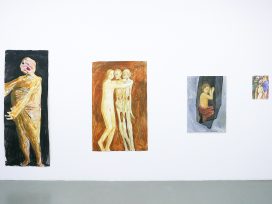
Two years have passed since Russia’s full-scale invasion of Ukraine began. Those defending against continued aggression, displaced from their homes and previous lives, deal with daily, compounded loss. Artists, reflecting on the trauma, tackle the questions that aim to make sense of life when everything is affected by death.
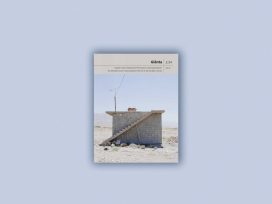
Nationless identity
Glänta 2/2024
On the past, present and future of Kurdistan: rethinking power structures; statelessness in a world of states; and Kurdistan as a war laboratory.
